By Vox Civis
For nearly half a century, Ranil Wickremesinghe has been a fixture in Sri Lankan politics. Thirty-one of those years he has spent as the undisputed leader of the United National Party (UNP), the party once hailed as the nation’s most formidable political machine. Yet through all the ups and downs, through crises that shook the island to its core, through betrayals, defections, and humiliating electoral defeats, one constant has remained unshaken: Wickremesinghe’s iron grip on the party leadership.
Those who once dared to challenge him found themselves out in the cold: the first generation defected to the People’s Alliance, the second migrated to the Sri Lanka Podujana Peramuna (SLPP), and the third, running out of options, built themselves a mirror image of the UNP in the form of the Samagi Jana Balawegaya (SJB). Today, that SJB continues to dominate opposition ranks while the UNP lies as a shadow of its former self.
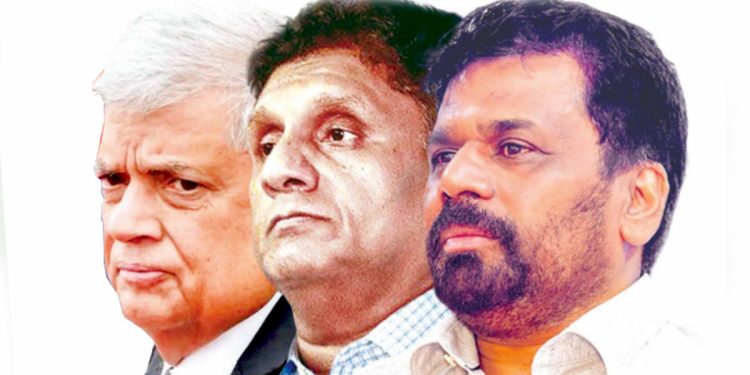
And therein lies the irony. The splinter party has bested the mother party in every major election since its inception. Yet, both parties combined have consistently fallen short of power, ceding the stage to the Janatha Vimukthi Peramuna (JVP) and its National People’s Power (NPP) alliance at the last couple of polls. Basic electoral arithmetic tells the story plainly: had the UNP and SJB contested together in these elections, Sri Lanka would today likely have a different president, a different parliament, and a very different political balance.
The message from the people could not be clearer. Unite and win or remain divided and fade into irrelevance. And yet, the one person who seems immune to this message is none other than the man who needs to hear it most: Wickremesinghe himself. For decades, Wickremesinghe’s leadership strategy has been one of patience, procedural committees, and waiting for storms to blow over. But that old formula is now past its expiry date. At 76, with the NPP baying for his blood, he faces what may be the most personal and perilous crisis of his long career.
Wickremesinghe’s trademark playbook; appoint a committee, delay decisions, wait for dissenters to tire out, is not an option in the current context. What is at stake is not only the survival of his party, but his personal legacy, his political relevance, and even, some would argue, his freedom. For the first time in decades, Wickremesinghe finds himself cornered.
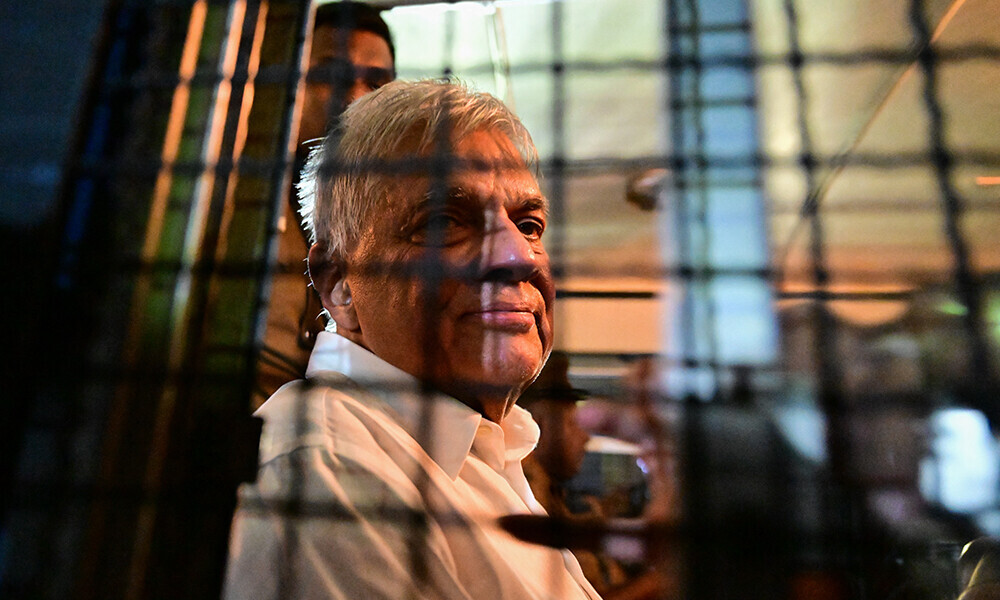
One danger Wickremesinghe must resist is mistaking sympathy for strength. His recent incarceration drew waves of public empathy. Social media was awash with calls for fairness, dignity and due process. But sympathy is not the same as political support. If he interprets this as renewed endorsement of his leadership, he risks repeating a fatal miscalculation: confusing pity with power. The hard truth is that the UNP has been rejected by the electorate again and again. In 2020 it was reduced to a single National List seat, and five years later – two of it with Wickremesinghe as Executive President – barely managed to double that to two seats; a pitiful outcome for a party that once commanded majorities routinely.
The electorate has moved on. The UNP’s traditional vote base has shifted to the SJB as evidenced from the results of the polls since the SJB’s creation. The math cannot be denied. And now, Sajith Premadasa is emerging as the unexpected Statesman in the unification effort. In this context, one of the more remarkable twists has been the role played by Premadasa.
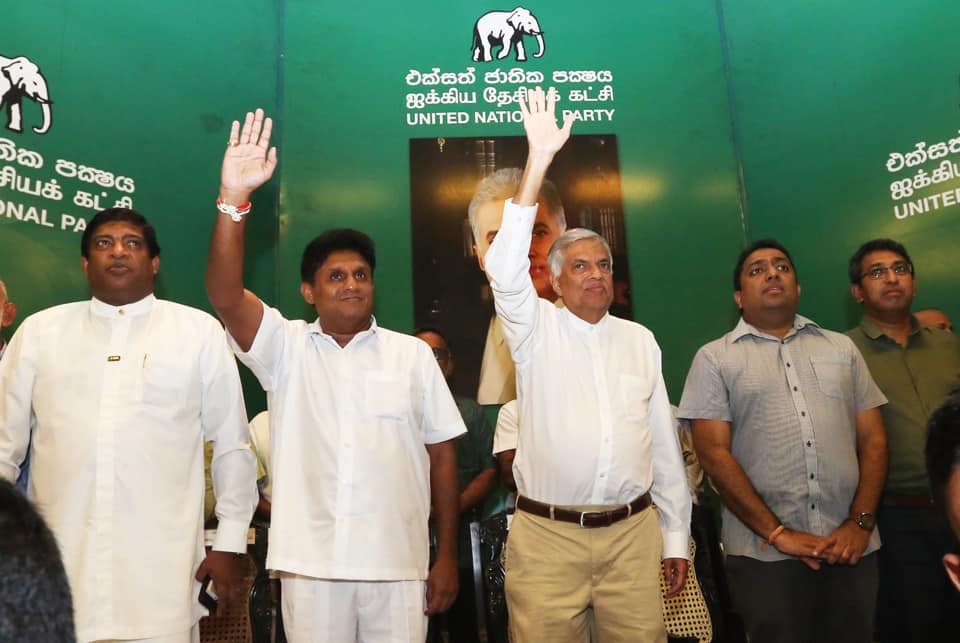
If anyone had reason to spite Wickremesinghe, it is Premadasa after having been bitten twice by the UNP leader, first in 2019 and again in 2024. Yet, when Wickremesinghe fell into trouble, it was Premadasa who rose to his defense. Visiting him daily in remand prison, rallying for justice, and standing by him in his darkest moment, Premadasa demonstrated maturity and magnanimity that caught many by surprise. He even expressed openness to attending the UNP’s upcoming convention and exploring cooperation, not as a returnee, but as an equal partner.
This reversal of roles is telling. For decades, Wickremesinghe cast himself as the statesman in waiting, the sober modernizer above petty rivalries. Today, it is Premadasa who wears that mantle. Now, the ball is squarely in Wickremesinghe’s court. It appears the UNP has taken note of these developments and moved to remove the suspensions issued on those who joined the SJB. But it appears the Grand Old Party is yet to learn about the futility of symbolic gestures. While billed as a first step toward reconciliation, the gesture was immediately dismissed by the SJB as meaningless. And rightly so.
The SJB is no longer a breakaway faction clinging to its parent for legitimacy. It is now the dominant force in the center-right space, with organizational strength, electoral backing and a public mandate that dwarfs the UNP. To imagine that SJB leaders would rush back into Wickremesinghe’s fold simply because their suspensions were lifted is just naïve.
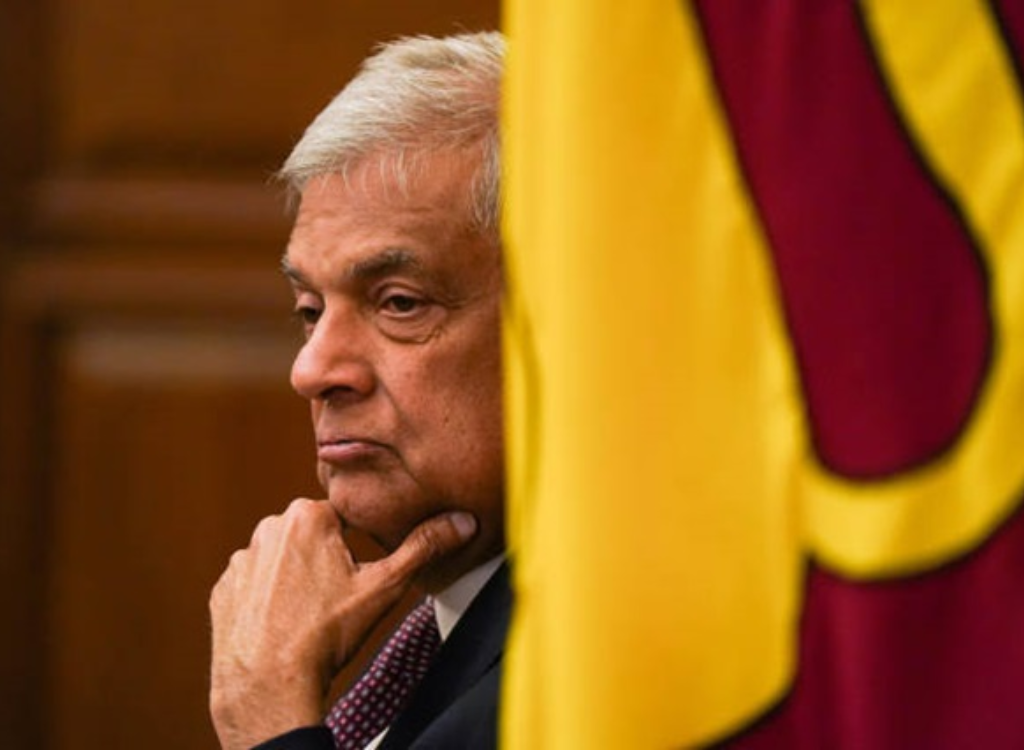
For real unity, something much deeper is required. And everyone seems to know what that is except the UNP Leader. At this stage, Wickremesinghe has only two real options: Cling to the leadership, preserve his personal control, and drag the UNP further into irrelevance, destroying any chance of building a strong opposition capable of checking the government or step aside, acknowledge the SJB’s mandate, and play the role of elder statesman – not the candidate, not the controller, but the unifier who puts country and legacy above ego.
If Wickremesinghe fails to seize the moment, his legacy will be sealed as the leader who presided over the decline of Sri Lanka’s most successful political party, reducing it from dominance to near extinction. But if he bows to reality, he has one last chance to rewrite his story. He can be remembered not as the destroyer of the UNP, but as the architect of opposition unity at a moment when democracy itself needed balance.
The question of Wickremesinghe’s decision is not just about one man or one party, but more about the balance of power in Sri Lanka with a Marxist regime at the helm for the first time in the country’s history. A weak and divided opposition would strengthen the hand of the government, particularly one with authoritarian impulses as seen through some of its recent actions. A strong and united opposition, on the other hand, can safeguard checks and balances, give voice to dissent, and ensure that democracy is not reduced to a one-party show. Wickremesinghe must recognize that opposition unity is no longer about personal pride but rather, the creation of a credible alternative to the NPP juggernaut.
There is also a personal dimension. Wickremesinghe, by bequeathing his home to his alma mater, has signaled a desire for his legacy to endure. But legacies are not built by bricks and mortar. They are built by choices. The people may forgive electoral defeats. They may forgive policy failures. But they rarely forgive arrogance, especially when it costs the nation dearly.
If Wickremesinghe chooses unity, he may still go down in history as the leader who sacrificed power for principle, ego for country. If he refuses, he will be remembered as the man who led the UNP to its grave. History rarely offers second chances. Yet, by some twist of fate, Wickremesinghe has been handed one. Few politicians who preside over their party’s decline are given an opportunity to reverse the tide. But this window will not remain open for long and every day of hesitation pushes the UNP closer to irrelevance.
Ranil Wickremesinghe has always been a man of paradoxes: hailed as Mr. Clean, later tainted by scandal; admired as a democrat, later accused of autocracy within his party; celebrated as a reformer, but also criticized as indecisive. Now, as the curtain draws closer, he faces the paradox that will define him forever: Will he cling to leadership and lose everything, or will he let go and secure a legacy of unity? Time will surely tell.
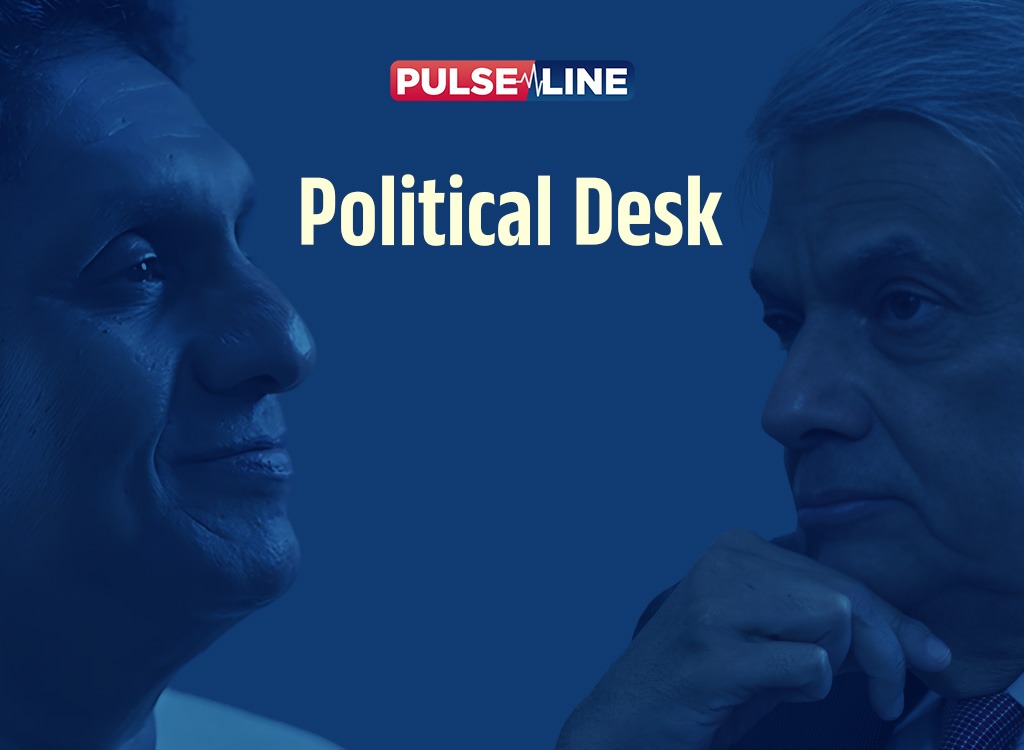
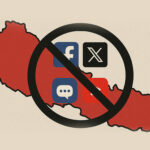
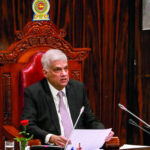
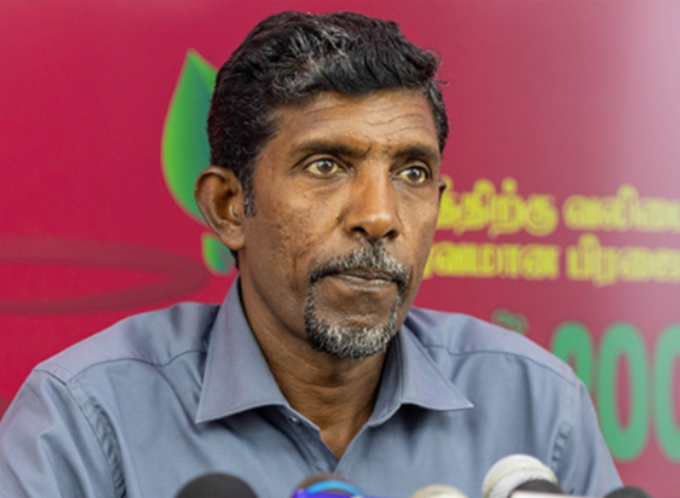
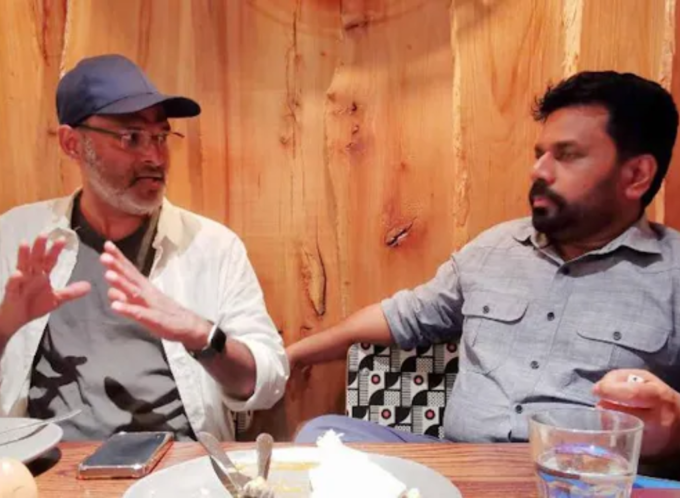
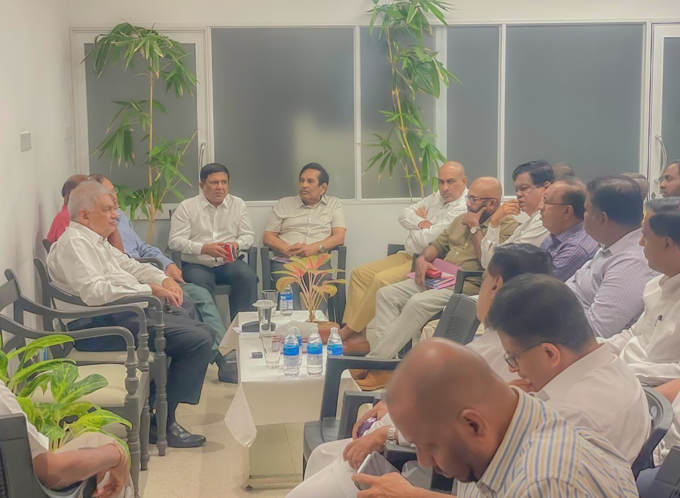
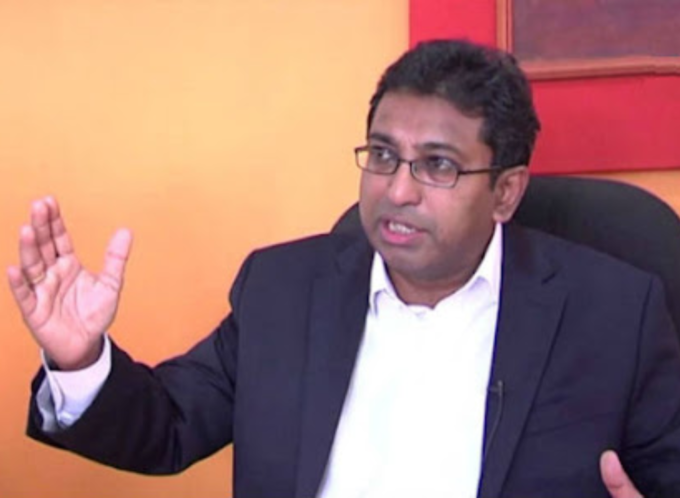

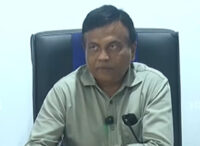

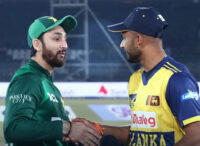
Leave a comment